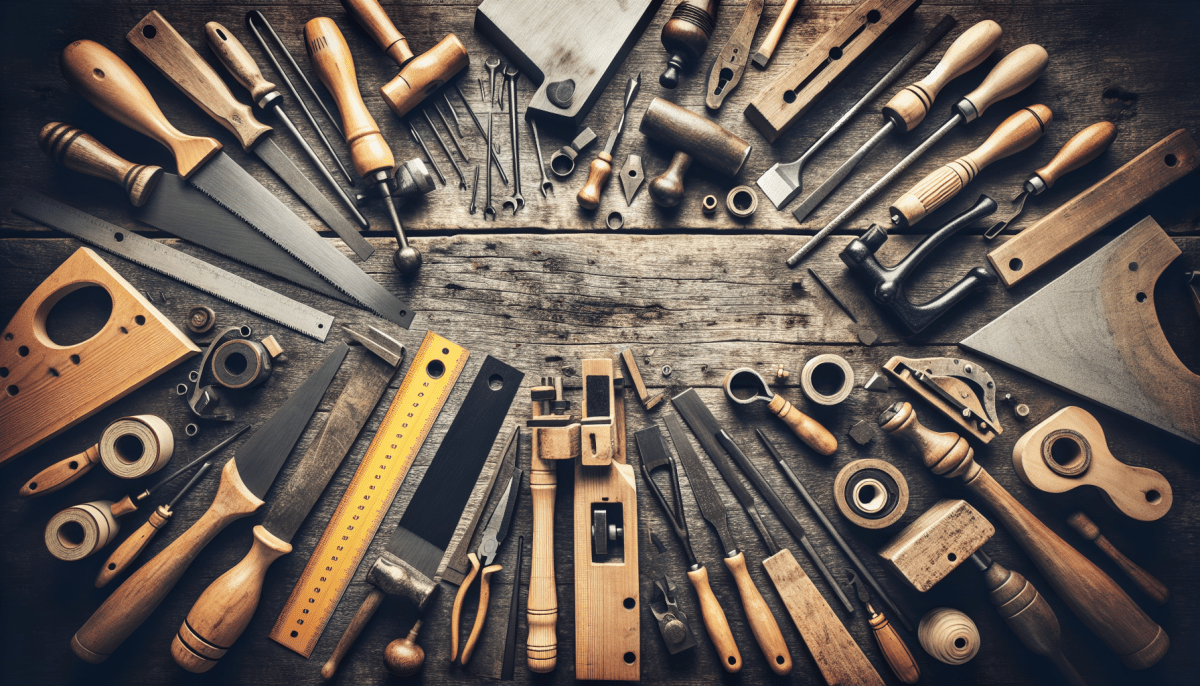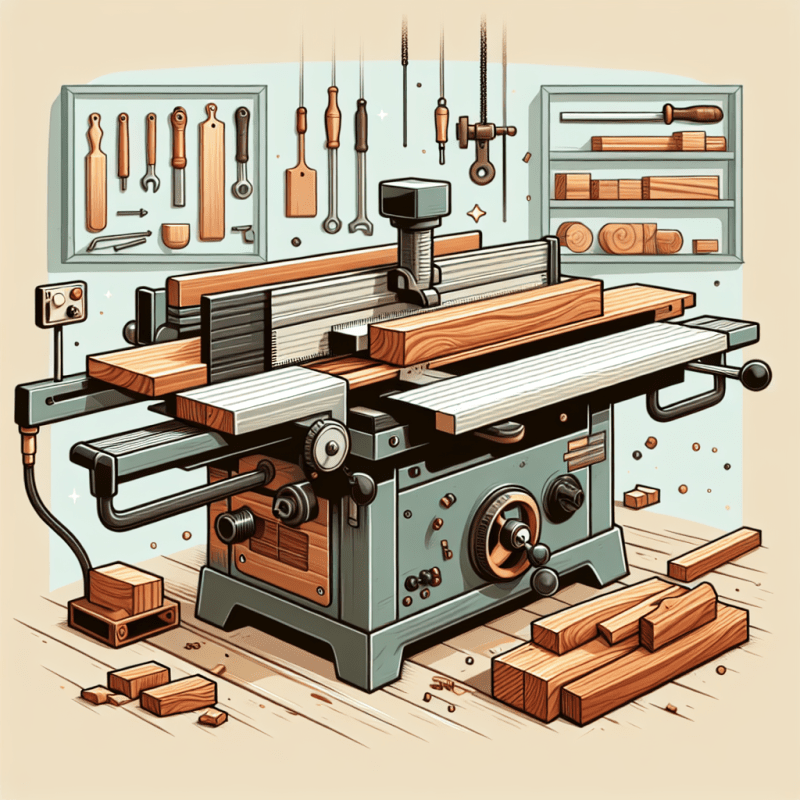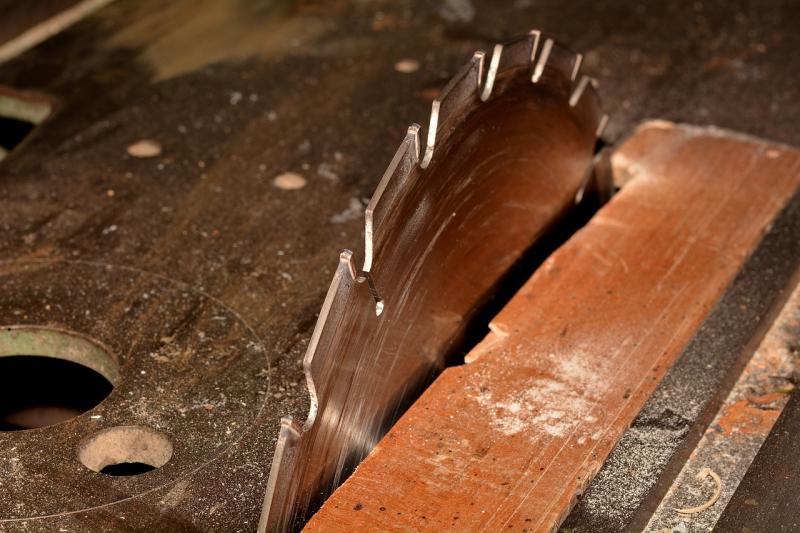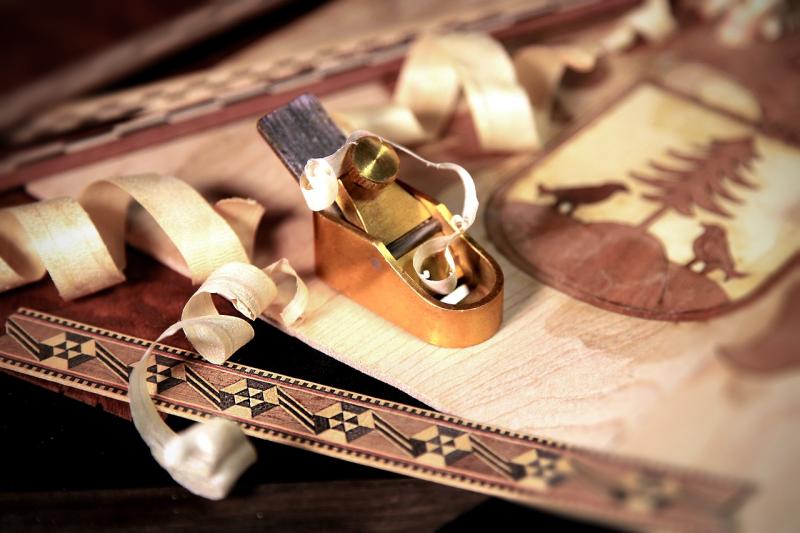When it comes to woodworking, having the right hand tools is essential for both beginners and seasoned craftsmen. Each tool serves a specific purpose and can make your projects not only easier but also more enjoyable. Let’s explore some must-have hand tools that every woodworker should consider adding to their workshop.
First on the list is the trusty handsaw. Whether you prefer a panel saw or a coping saw, having a good handsaw allows you to make precise cuts without the noise and hassle of power tools. A handsaw is a versatile companion, perfect for cross-cutting wood or making intricate curves in your projects.
Next, chisels are a woodworker's best friend. A set of sharp chisels will enable you to carve, shape, and clean up joints in your wood pieces. Look for chisels made from high-carbon steel, as they hold their edge better and are easier to sharpen. Don't forget to invest in a honing guide to keep your chisels razor sharp!
Finally, a reliable block plane is indispensable for smoothing the edges of your workpieces. With its easy-to-use design, a block plane can help you achieve a perfect fit in joinery or simply refine the surface of your wood. A smooth, polished edge can elevate your project and show off the beauty of the natural wood grain.
Choosing the Right Chisels for Projects
When it comes to woodworking, having the right tools can make all the difference. One of the most essential tools in any woodworker's arsenal is a set of chisels. But with so many types and sizes available, how do you choose the right chisels for your projects? Understanding the different types and their uses is crucial for selecting the perfect chisels for your needs.
Chisels come in various shapes and sizes, each designed for specific tasks. Bench chisels are the most versatile and are a must-have for general-purpose work. They can be used for paring, chopping, and even cleaning up joints. If you're looking to tackle more detailed work, such as carving or creating intricate designs, a set of carving chisels is essential. These chisels have more specialized shapes and smaller blades that allow for precision and control.
Another key factor in choosing the right chisel is the material of the blade. High-carbon steel chisels are popular among woodworkers because they hold their edge well and are easier to sharpen. However, they can be prone to rust, so good care is necessary. On the other hand, stainless steel chisels are less maintenance-intensive since they resist rust but may require more frequent sharpening.
Consider also the handle material when selecting chisels. Wooden handles offer a traditional feel and excellent grip but might require some upkeep. Plastic handles, while durable and easy to maintain, may not provide the same level of comfort during extended use. Ultimately, the best choice depends on your personal preferences and the types of projects you enjoy tackling.
Essential Saws for Every Woodworking Task
When it comes to woodworking, having the right tools makes all the difference. Among the most essential hand tools are saws, which come in various types, each designed for specific tasks. Understanding the different kinds of saws will help you choose the right one for your woodworking projects.
Firstly, the handsaw is a classic tool that every woodworker should have in their collection. It’s perfect for making straight cuts in lumber and can handle various thicknesses. With its simple design and effectiveness, the handsaw is great for beginners and seasoned woodworkers alike. For those looking to achieve precise cuts, a miter saw or a back saw may be the ideal choice as they provide clean angles and fine details.
Next on the list is the coping saw, which is essential for more intricate tasks. This saw features a thin blade held in a frame, allowing it to cut curves and complex shapes. Whether you are working on decorative elements or intricate joinery, the coping saw lets you bring your creative visions to life. Its versatility and ease of use make it a favorite among woodworkers who love adding unique details to their projects.
Lastly, the Japanese saw, or dozuki, is renowned for its unique design and cutting ability. This saw cuts on the pull stroke, which provides better control and accuracy. It's ideal for cutting fine joints, and many woodworkers appreciate how it can slice through wood with minimal effort. Incorporating a Japanese saw into your toolkit will elevate your woodworking experience, as it can handle delicate tasks with precision.
Essential Measuring Tools for Accurate Cuts
When it comes to woodworking, precision is key, and having the right measuring tools is essential for making accurate cuts. Without reliable measuring devices, you risk wasting material and time on imprecise work. Here are some of the essential measuring tools every woodworker should have in their toolkit.
The first must-have tool is a tape measure. A flexible and retractable tape measure allows you to measure both short and long distances with ease. Look for one that is durable and has clear markings to ensure accurate readings. A tape measure with both imperial and metric measurements will give you versatility for any project.
Next up is the square, which is crucial for ensuring your cuts are perfectly straight and your joints are aligned. A carpenter's square, or framing square, is especially useful for checking right angles, making it a staple in any woodworker’s kit. It helps in marking lines perpendicular to the edges of your wood pieces, guaranteeing a snug fit when joining parts together.
Another invaluable tool is the level. Whether you are building furniture, cabinets, or completing a larger project, ensuring that everything is level is vital. A reliable level will ensure your cuts remain stable and that your finished product stands true. Consider investing in both a small torpedo level for quick checks and a larger level for bigger wood pieces.
Lastly, a marking gauge is indispensable for transferring measurements and making precise lines across your material. This simple tool allows you to scribe consistent distances and is especially useful for joinery work. With a marking gauge, you can create a clear and accurate line for your cuts, enhancing your overall woodworking precision.



